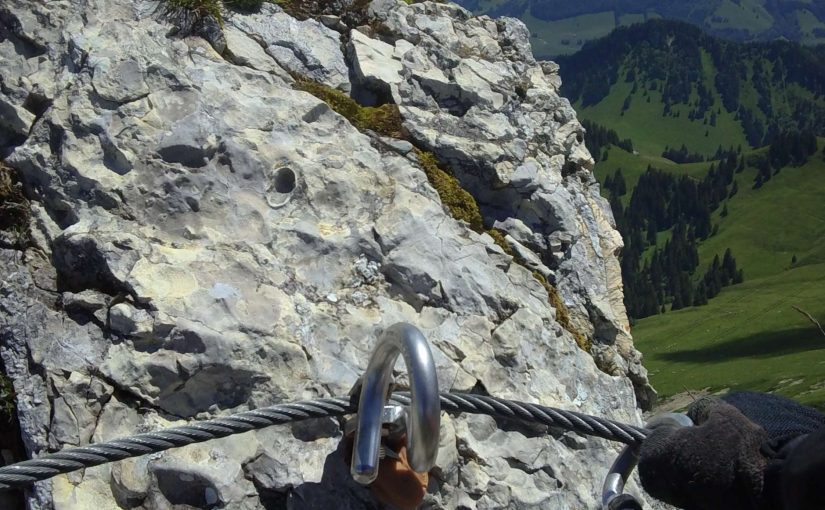Day: 6 July 2016
-
“Why We Voted leave: Voices from Northern England
Reading Time: 3 minutesThis short video provides us with voices from Northern England. We hear about the closures and about the strikes that took place decades ago. We hear superficially about migration but the key message is that the North feels abandoned by the South. The North has been fed the message that austerity is…
